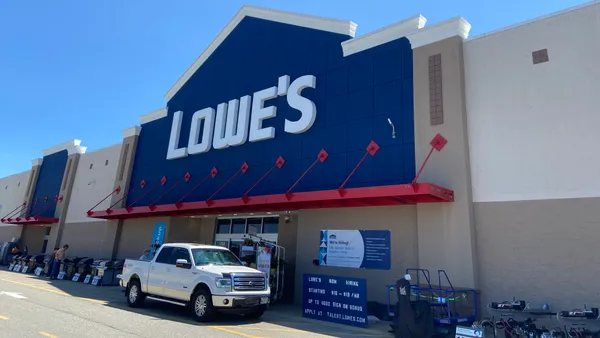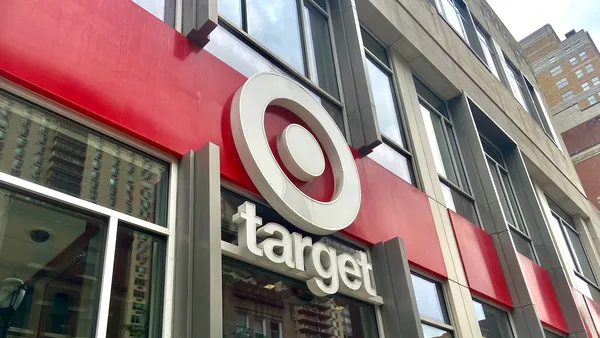Dive Brief:
-
BJ's Wholesale Club has filed an application for listing common stock on the New York Stock Exchange under the ticker symbol "BJ," with the number of shares to be offered and their price range for the proposed initial public offering to be determined.
-
A registration statement on Form S-1 relating to the IPO proposal has been filed with the Securities and Exchange Commission but has not yet become effective, the company said on Thursday, according to a press release.
-
In April 2017, Leonard Green & Partners LP and CVC Capital Partners Ltd., the private equity owners of warehouse retailer BJ’s Wholesale Club, were reportedly preparing for a possible sale of BJ's after abandoning the idea of an IPO.
Dive Insight:
Leonard Green and CVC Capital acquired BJ's Wholesale Club in 2011, took it private and have paid investors dividends several times since. As a practical matter, unloading BJ’s one way or another makes sense for them — most often private equity investment is made with the goal of getting the money back out, with profits, within five years or so. For BJ's then, the time is more than ripe.
But a sale has proven difficult. Last year Amazon was said to be interested in the business, which would have garnered the e-commerce giant a well placed national brick-and-mortar footprint, but Whole Foods was the target of that instead.
The urgency of the retailer's owners doesn't necessarily serve the business itself, however. Leonard Green and CVC Capital Partners have taken a series of payouts from the warehouse retailer's debt coffers, bringing the total to some $1.8 billion in their five years of ownership and bumping the debt-to-earnings ratio to unhealthy levels, according to a Bloomberg report last year.
"We do have to be careful not to paint all private equity with the same brush," Eileen Appelbaum, senior economist at the Center for Economic and Policy Research and author of "Private Equity at Work: When Wall Street Manages Main Street," told Retail Dive last year. "Private equity often leaves these retailers unable to cope with any change in the environment."
Right now the environment is quite favorable. Overall, the economy is healthy, boosting confidence among a slice of consumers and fueling sales online and off. BJ's itself in the past year or so has made a series of improvements to operations, including launching a business sales division, dedicated websites for its most popular private labels and, more recently, a revamp of its flagship site, pickup services and mobile site. Many upgrades came after the arrival earlier this year of Naveen Seshadri as vice president of digital commerce and experience.
Walmart also gave the company a boost early this year when it closed 63 Sam's Club stores, a BJs rival. That factored into the Moody's Investors Service assessment Thursday that the planned IPO could mitigate the company's debt. "As of now, there is no credit impact from the announcement by BJs that it has filed for an IPO," Moody’s Lead Retail Analyst Charlie O’Shea said in comments emailed to Retail Dive. "In the event BJs completes the IPO, and meaningful permanent debt reduction is executed with a portion of the proceeds, we would take a positive view, with potential upward rating movement determined by the level of debt reduction."
As a stand-alone company, BJ's future looks promising. "[T]he company is a very solid performer, and its competitive position has been enhanced by Walmart’s shuttering of Sam’s Club stores in several key markets," O'Shea said.













